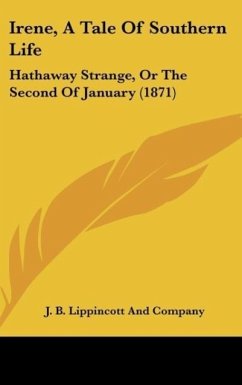1885. With frontispiece. F. Marion Crawford was one of the more famous authors in the English-speaking world at the time of his death in 1909. He wrote over forty novels, most of which were in the style of disposable romances popular at the time. He also wrote stories of the horror and occult, which are generally the ones for which he is remembered today. The Children of the King begins: Lay your course southeast half east from the Campanella. If the weather is what it should be in late summer you will have a fresh breeze on the starboard quarter from ten in the morning till four or five o'clock in the afternoon. Sail straight across the wide gulf of Salerno, and when you are over give the Licosa Point a wide berth, for the water is shallow and there are reefs along shore. Moreover there is no light on Licosa Point, and many a good ship has gone to pieces there in dark winter nights when the surf is rolling in. See other titles by this author available from Kessinger Publishing.
Hinweis: Dieser Artikel kann nur an eine deutsche Lieferadresse ausgeliefert werden.
Hinweis: Dieser Artikel kann nur an eine deutsche Lieferadresse ausgeliefert werden.








